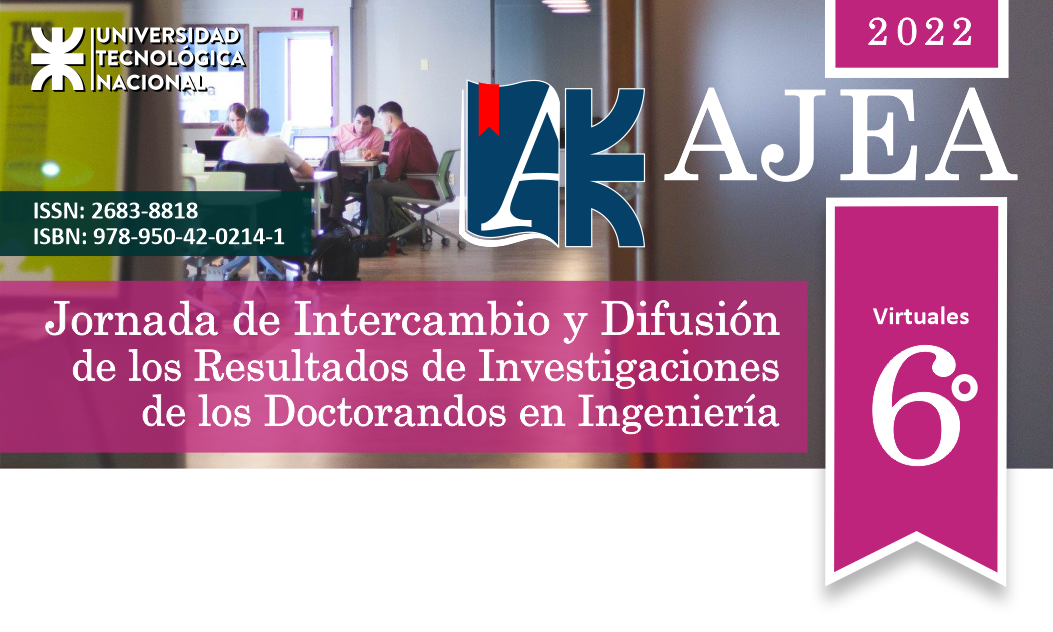Whey protein coacervation with polyelectrolytes: a monte carlo study
DOI:
https://doi.org/10.33414/ajea.1079.2022Keywords:
polyelectrolytes, monte carlo, proteins, lacteum serum, simulationAbstract
Beta-lactoglobulin is one of the main proteins in the lacteum serum. We studied the interaction of one beta-lactoglobulin (BLG) molecule with one polyelectrolyte (PE) chain. For this study both molecules were represented with a coarse-grained model and monte carlo simulations at different pH values. We observed that in isolated conditions the polyelectrolyte behaviour was independent of its intrinsic pKa value. The results demonstrated that the main interaction protein - polyelectrolyte was at pH below the isoelectric point of the protein ∼4.8. In this pH range the protein has a net positive charge which in the presence of the anionic polyelectrolyte becomes more positive, this benefits the attractive electrostatic interaction between the two macromolecules. On the contrary, at pH > 4.8 the main interaction is repulsive since in these conditions both molecules have a net negative charge.










